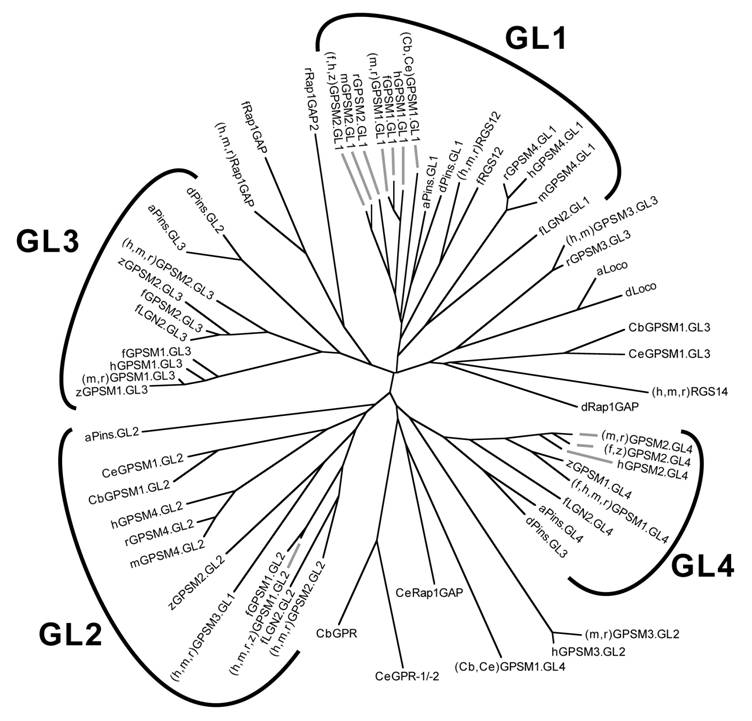
There are many Ritalin side effects so if your child is going to be using Ritalin or methylphenidate, it should be a part of a comprehensive treatment program which encompasses education about ADHD, psychological therapy and behavior modification techniques.
Ritalin is a stimulant that when taken by someone who is hyperactive and lacks impulse control will affect the chemicals in the brain and nerves to produce a more calm and attentive person.
Ritalin can be habit forming and should not be taken or used with an MAO. Serious side effects of Ritalin can occur if you use these two drugs together from sudden death, stroke and heart attack, to aggressive behavior and paranoia type symptoms. Side effects of Ritalin can make other medical conditions worse such as heart problems or if any family member had a suicide, depression or a bipolar disease. If you have glaucoma, high blood pressure, chest pains or any heart related problems, muscle ticks such as Tourette's, anxiety, seizures, over active thyroid, and liver damage do not use Ritalin or tell your doctor so that the proper tests can be performed before you get the ok to start taking this drug.
Ritalin side effects, if used for the long term, can slow a child's growth and should not be given to any child under six years of age unless a doctor gives the go ahead for its use. Ritalin side effects has caused sudden death in kids and teens with congenital heart defects or heart problems, for your own safety you must tell your doctor any and all health issues before you take this drug.







